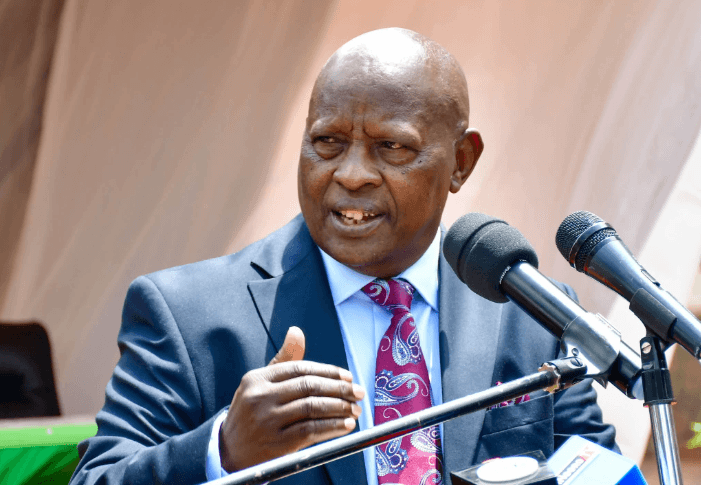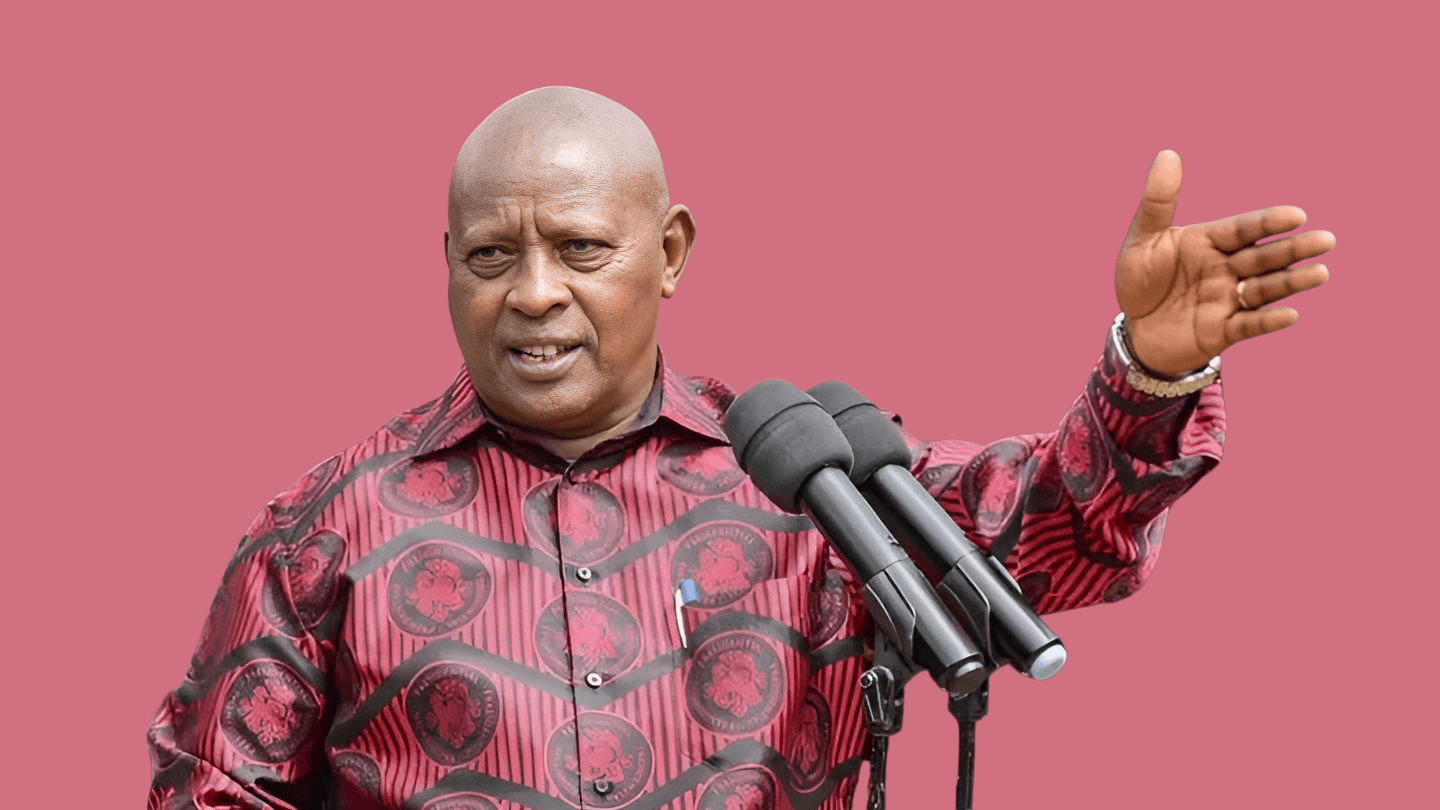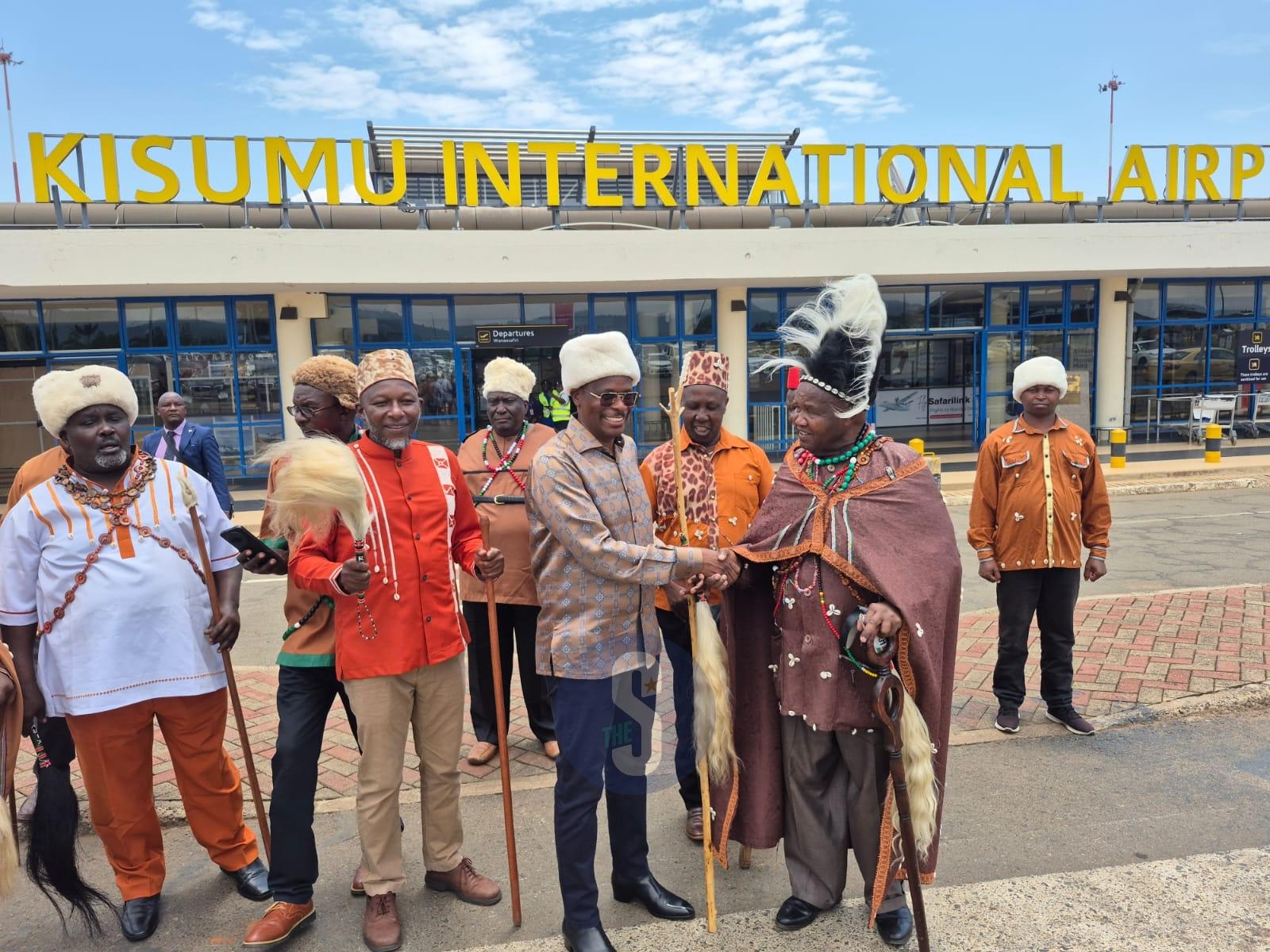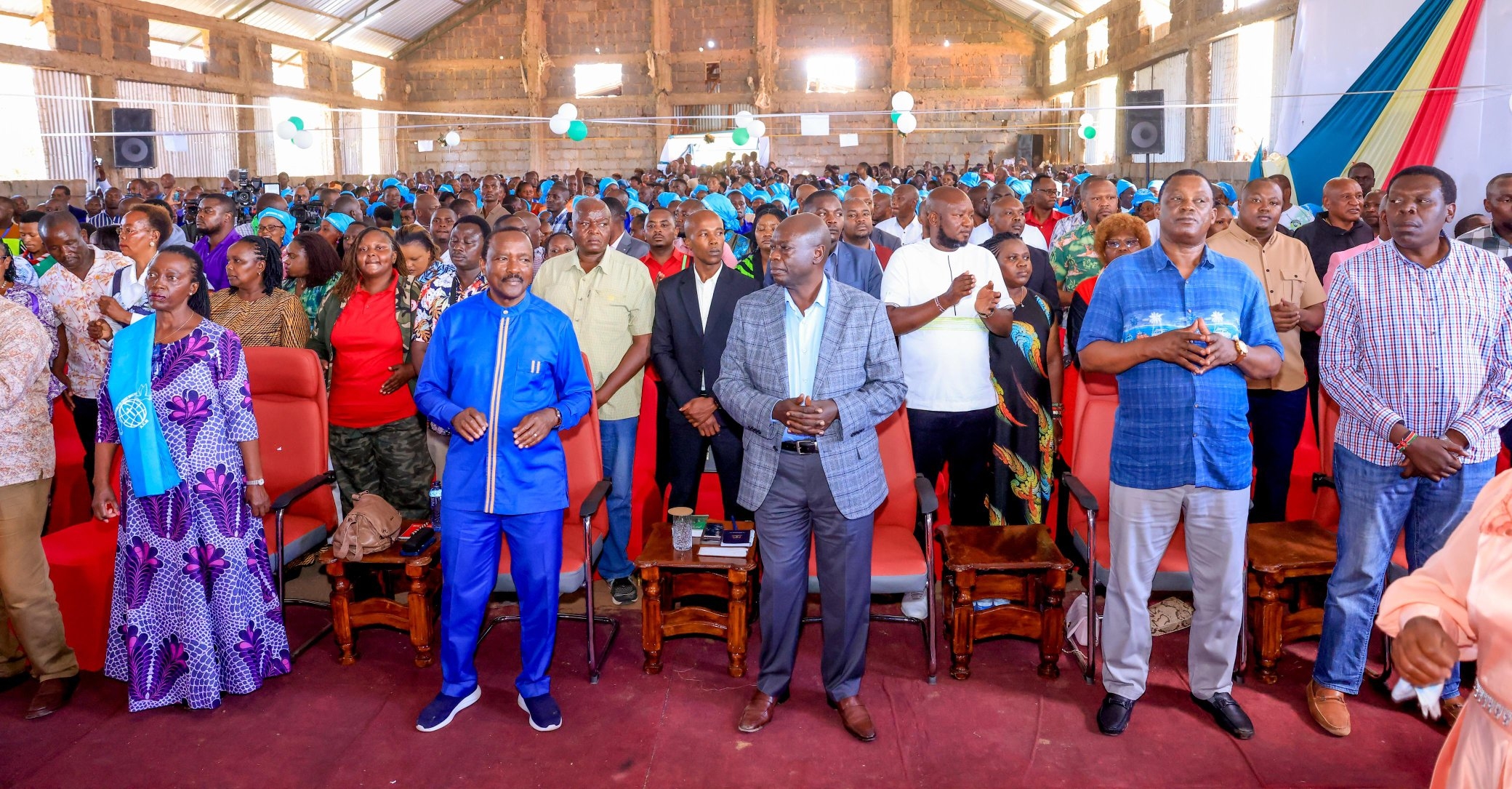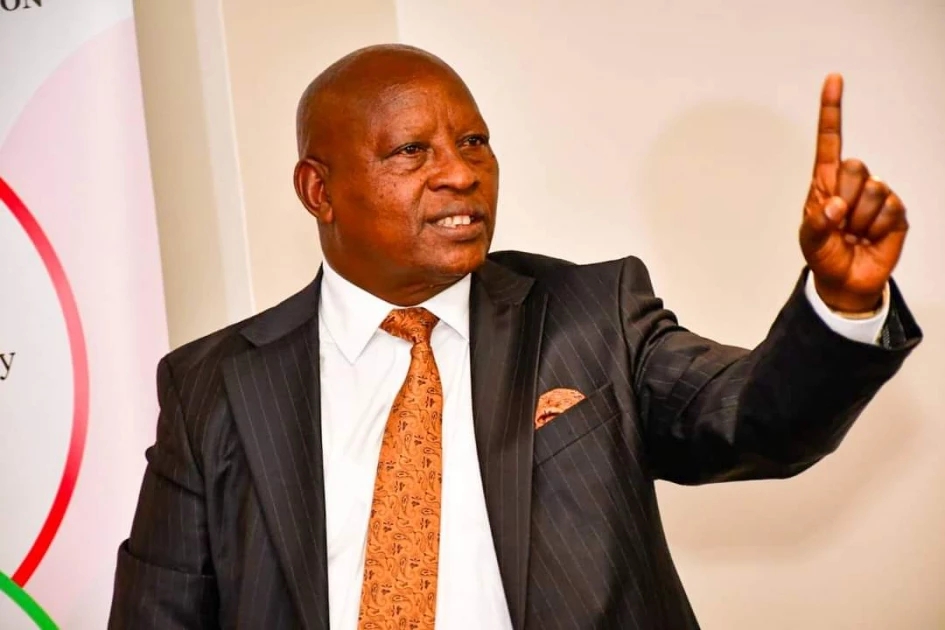The Intergovernmental Authority on Development (IGAD) has welcomed the South Sudan government's plan to postpone elections by two years.
In a statement, IGAD Executive Secretary Workneh Gebeyehu called on all parties involved to embrace dialogue in all matters relating to the country's governance.
He insisted that consensus should be built, especially in decision-making and conflict resolution.
"The Executive Secretary welcomes the consensual manner in which the decision was made and urges the Parties and the R-TGoNU to embrace and cultivate this spirit of dialogue, consultation, and consensus-building in all matters of governance, particularly in decision-making and conflict resolution," Gebeyehu said.
The IGAD boss further called on all parties involved to spare no efforts in allocating the required finances for the completion of the remaining tasks.
Gebeyehu noted that this is the fourth extension of the transition period since 2018, when the R-ARCSS was signed.
IGAD affirmed its commitment to continue monitoring the implementation of the R-ARCSS as its guarantor and support for the democratic aspirations of the peace partners and the people of the Republic of South Sudan.
"The Executive Secretary also calls upon the Parties and the R-TGoNU to spare no effort and allocate adequate funding to complete the outstanding tasks within the extended period, ensuring timely elections.
"In this regard, IGAD expects the Parties and the R-TGoNU to present a concrete action plan for implementation, alongside a feasible funding strategy," Gebeyehu added.
South Sudan extended the Transitional Period of the Revitalised Agreement on the Resolution of the Conflict in the Republic of South Sudan (R-ARCSS) by twenty-four (24) months.
It was set to expire in early 2025, but the extension will take place from February 2025 to February 2027, and the rescheduling of elections from December 2024 to December 2026.
The polls were due to take place this December.
A 2018 peace deal that ended a civil war allowed President Salva Kiir to remain in charge of a transitional government, with his former foe Riek Machar serving as his deputy.
South Sudan, the world's youngest country, has not held national elections since independence in 2011.


